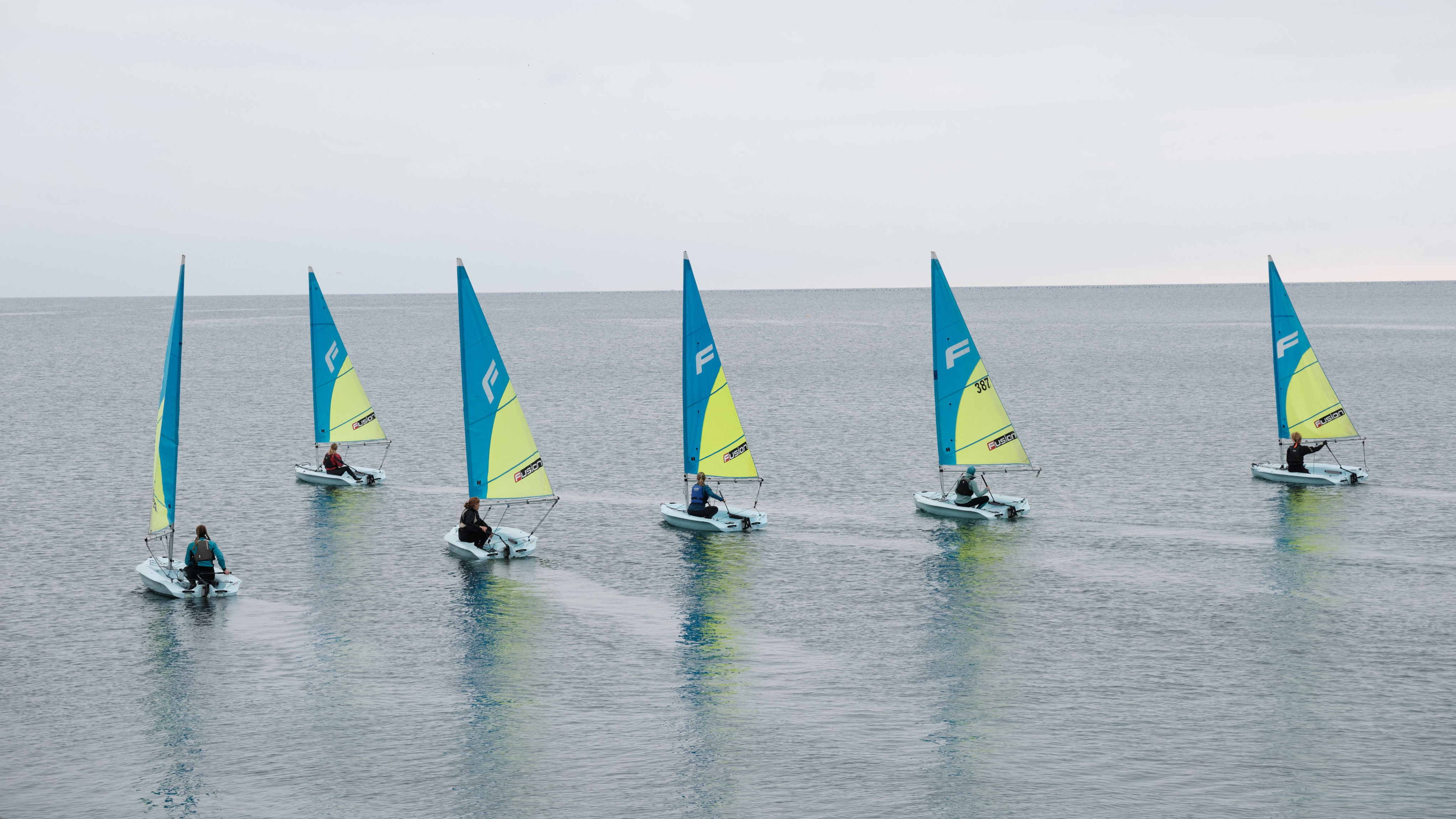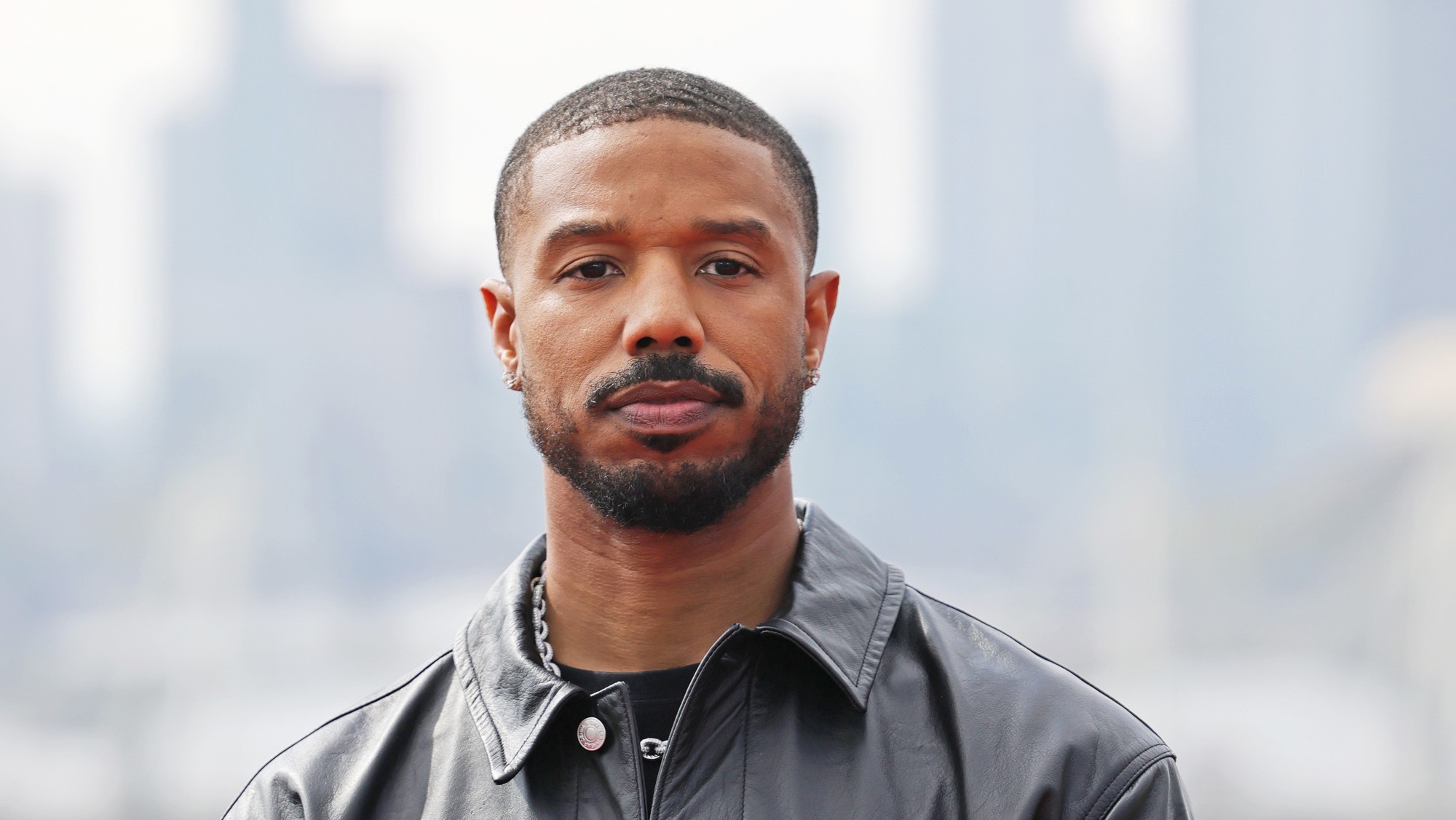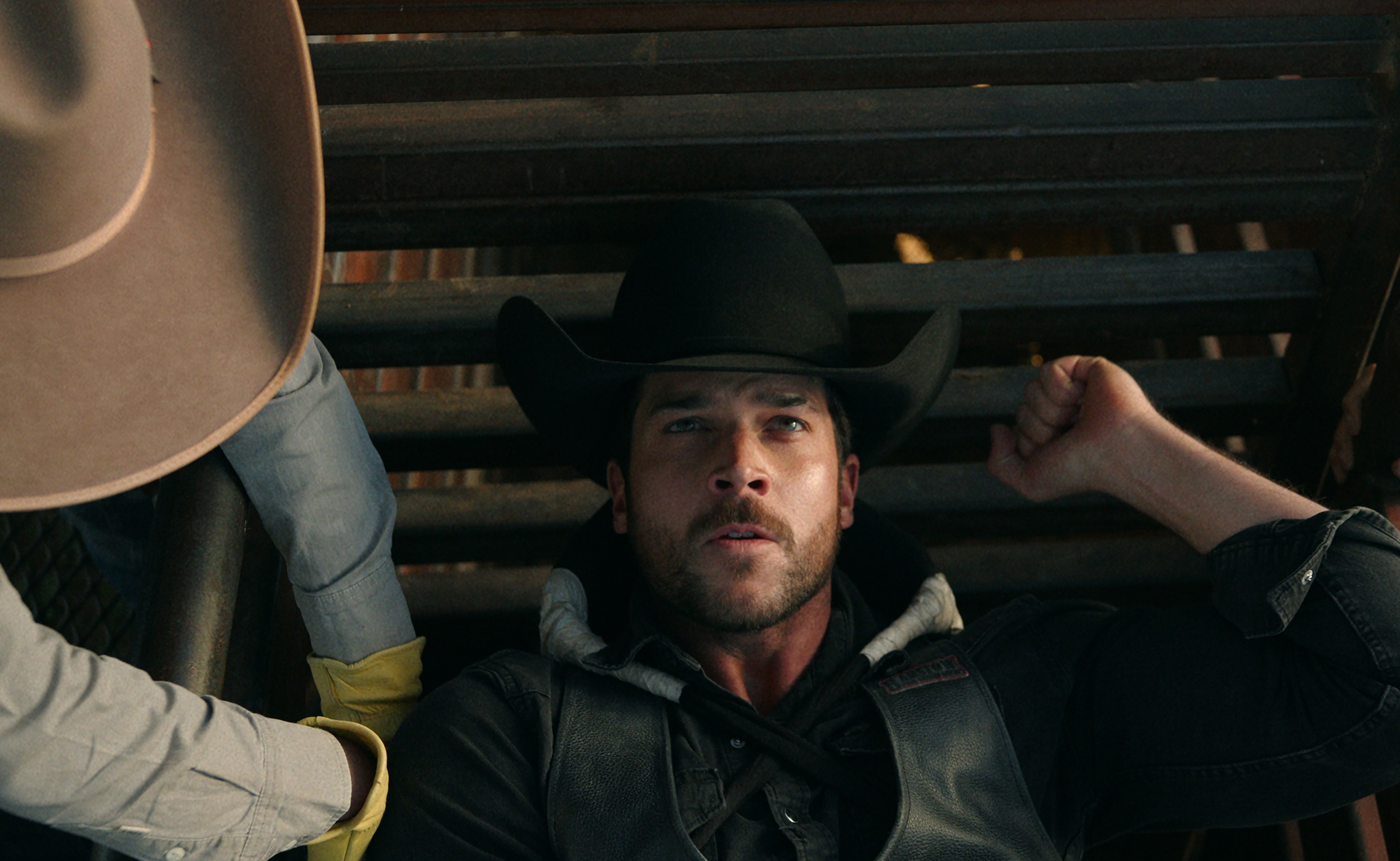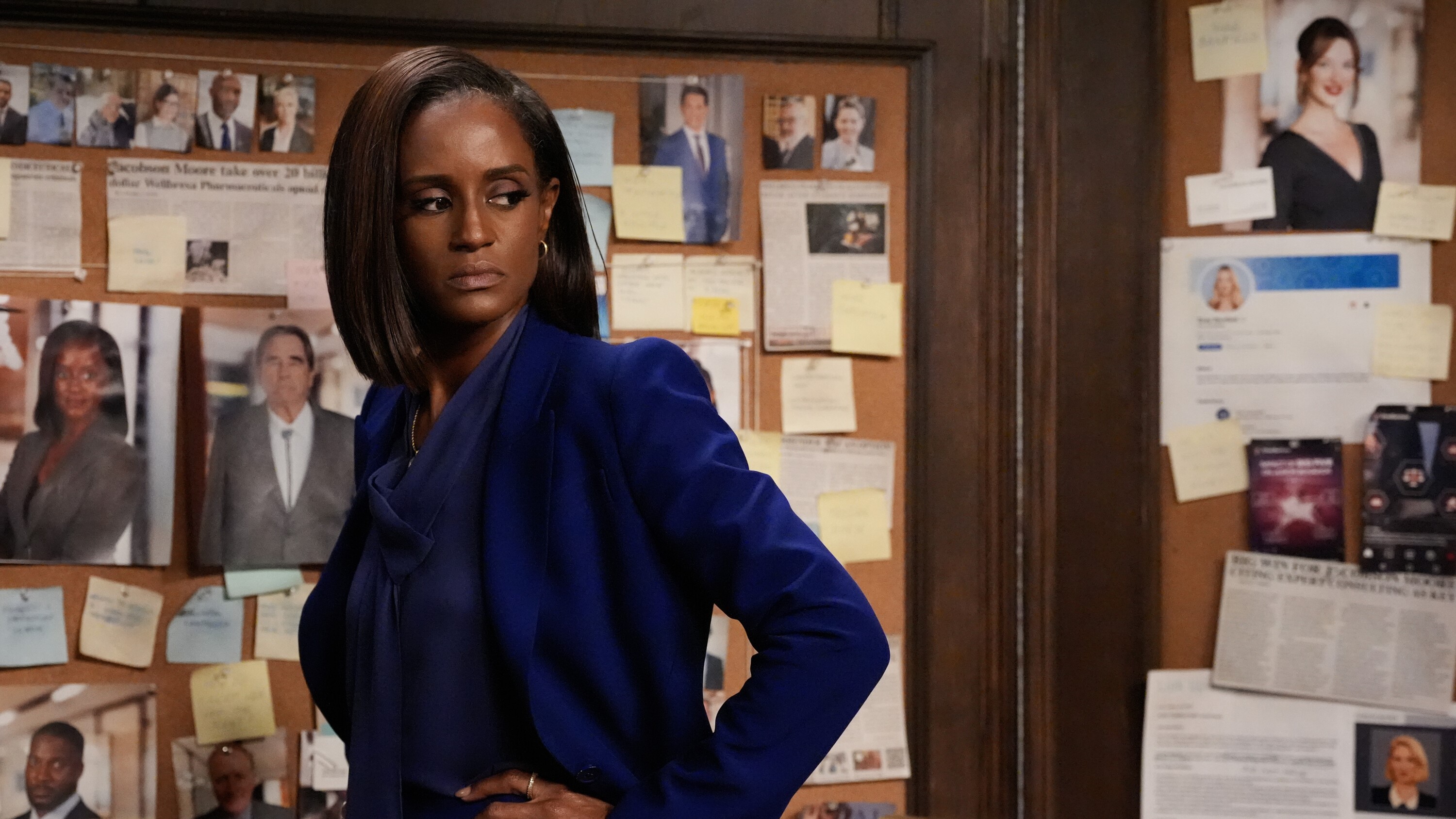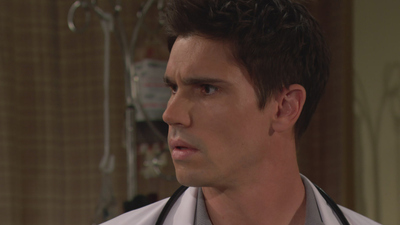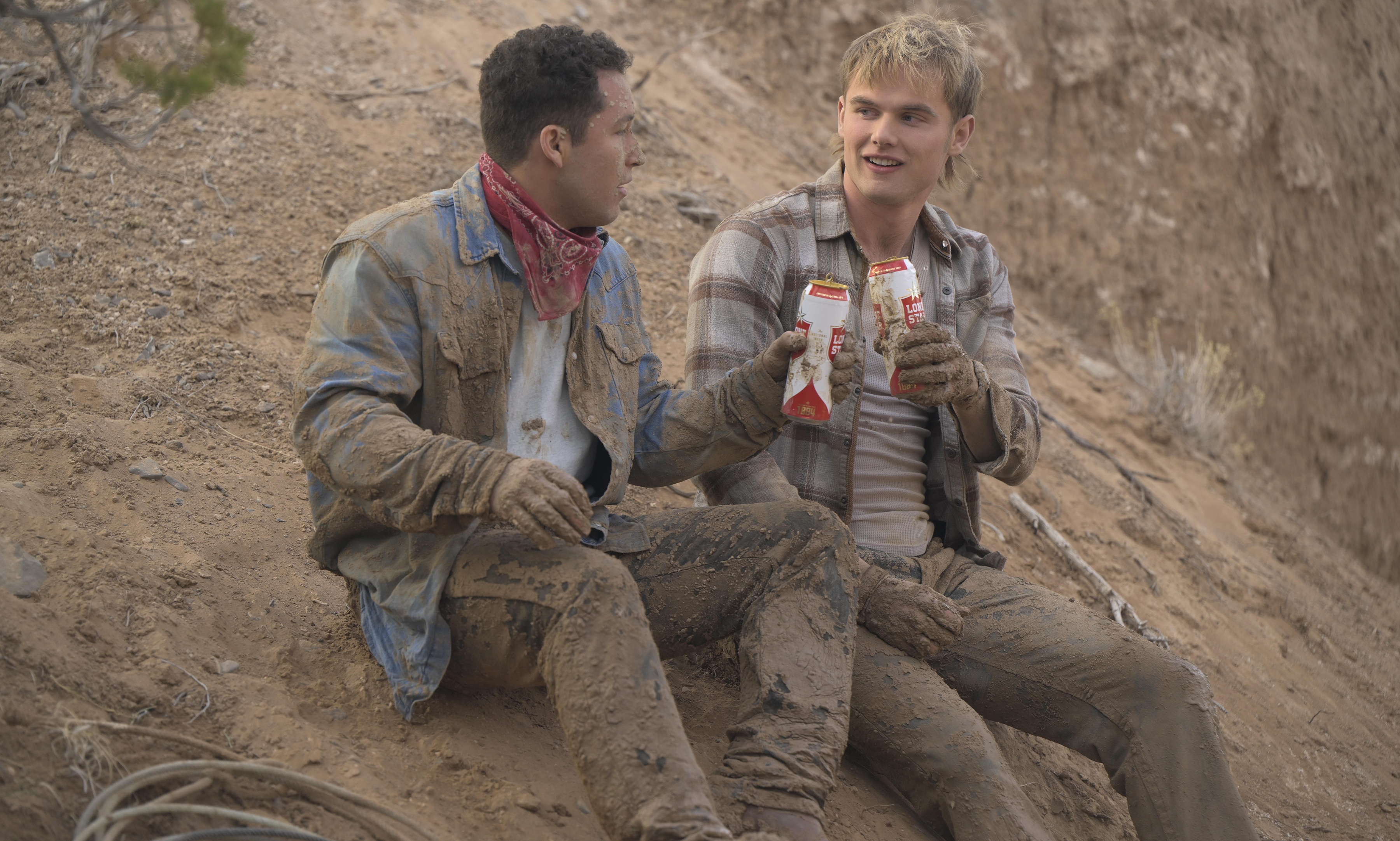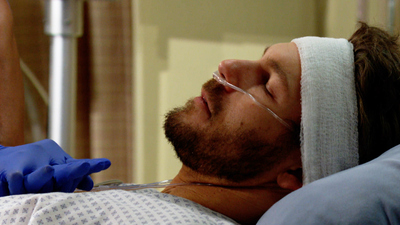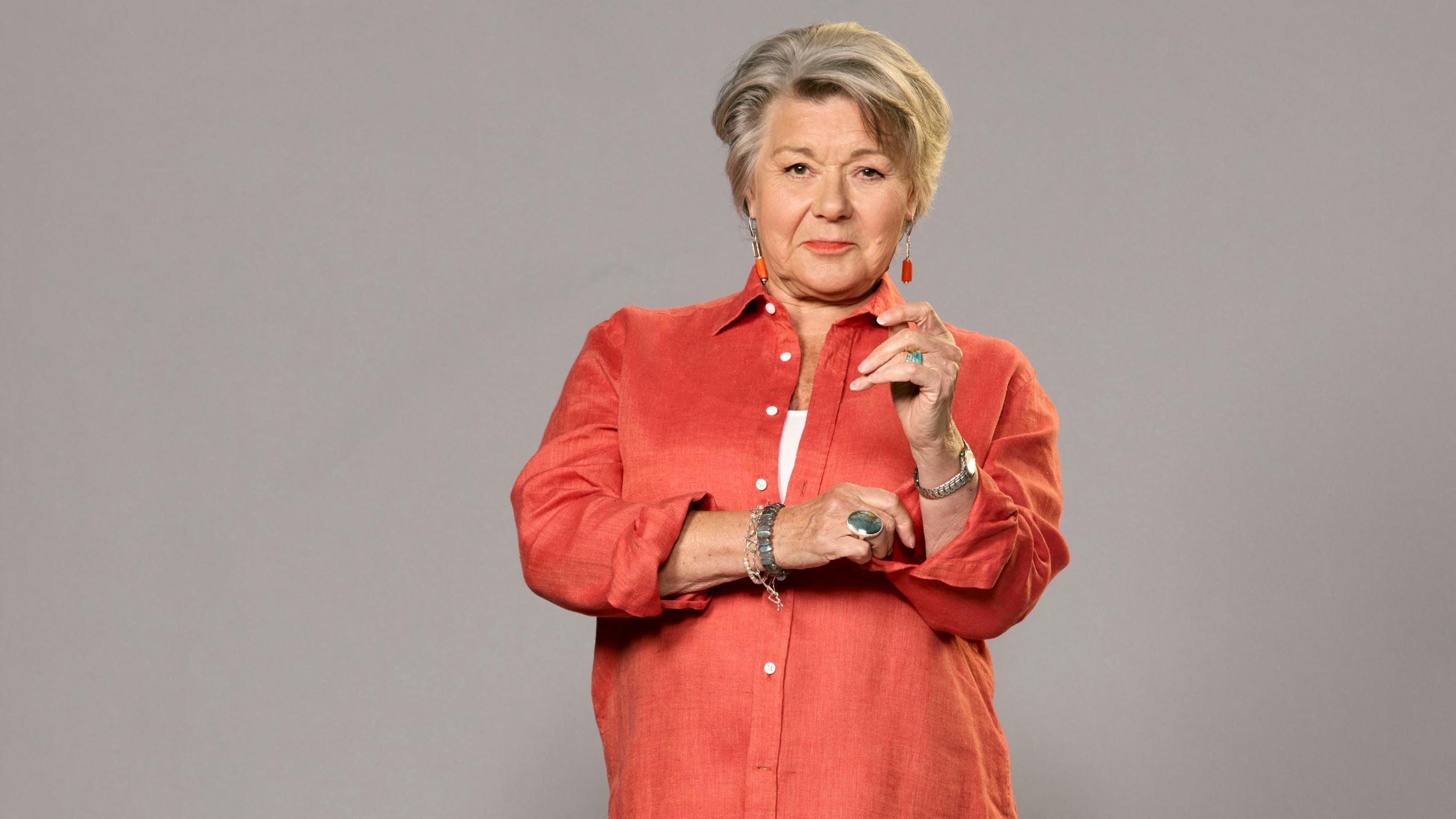'Pee-Wee’s Big Adventure' and the breakfast machine of our dreams
After 35 years, Tim Burton's directorial debut feels more iconic than ever.
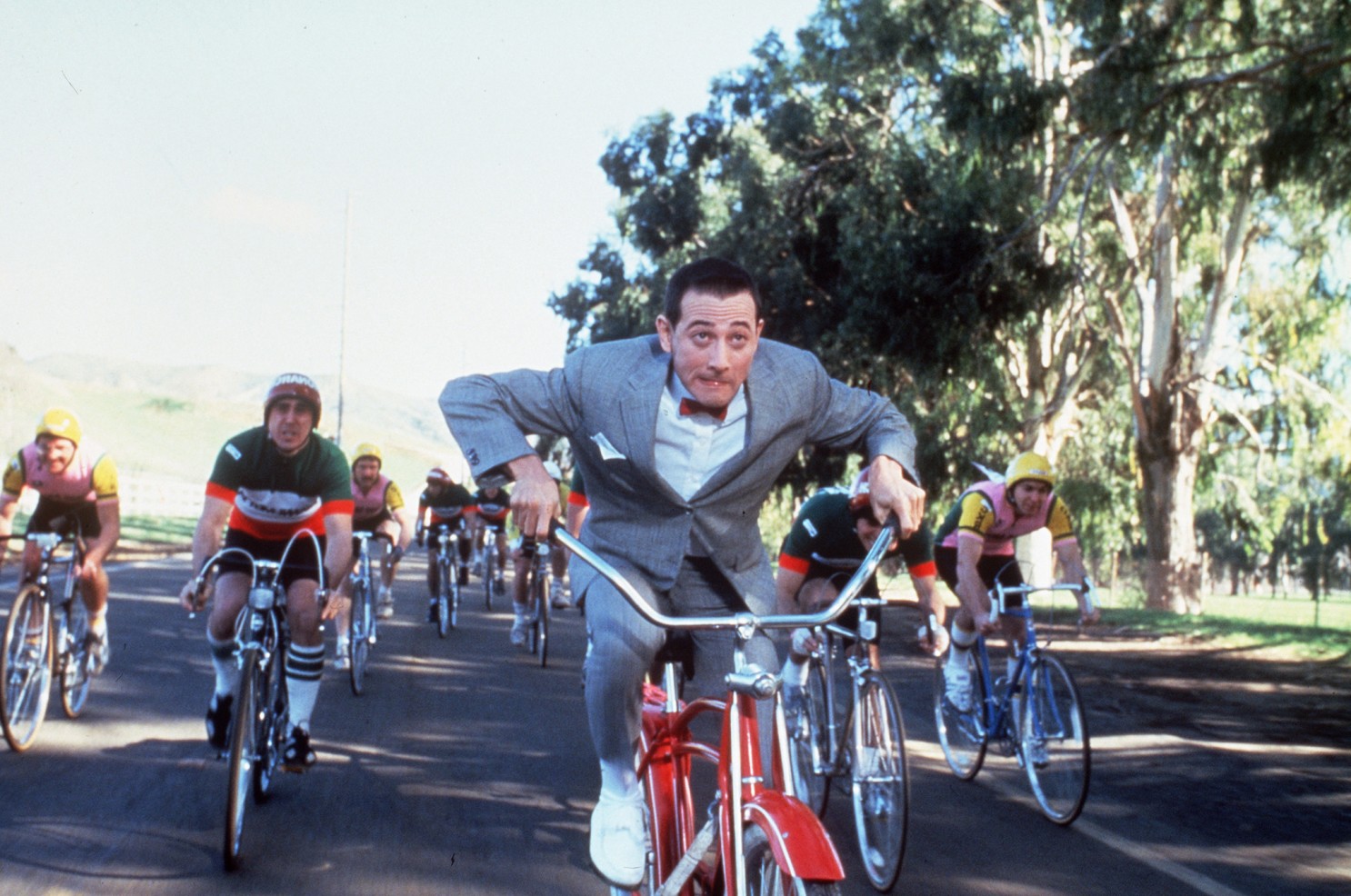
In 2020, Tim Burton is a brand name in his own right - no, not Hot Topic, but certainly his worked helped “mall goth” become a thing. But a little over three and a half decades ago, Burton was just a frustrated animator venturing gingerly into feature filmmaking. His debut, Pee-Wee’s Big Adventure, remains an outlier, culmination, and unique pinnacle for the era in which it was made, at once emblematic of the 1980s and wildly out of step at the same time. But time - and it didn’t take much, but years have only helped - underscores it as a breakthrough and turning point for creators, for the industry, and for an entire aesthetic that people have absorbed and adopted in their lives. On the eve of its 35th anniversary on August 9, we took a look back at the many wonderful ways that Pee-Wee’s Big Adventure has become an iconic work of filmmaking.
Pee-Wee Herman, created and played Paul Reubens, was known prior to Big Adventure from an HBO special that showcased what would essentially become his “playhouse” and the kitschy aesthetic that came to define his fictional “lifestyle.” Not a boy and not quite a man, Pee-Wee occupied the fringes of identity from the very beginning of his cultural lifespan; Reubens’ knowing creativity gave his scenarios an adult edge while reveling in the childlike pleasures of life that his initial audience, perhaps primarily but never exclusively adults, failed to appreciate or had perhaps forgotten. Burton’s dark edges as the animator of Frankenweenie made him an ideal collaborator for Reubens, targeting both a family-friendly (or at least family-adjacent) audience while creating room to test the boundaries of intensity, scariness both in terms of visual and narrative content.
In retrospect, and looking at Burton’s later work on Edward Scissorhands, Mars Attacks, and even leading up to more realism-oriented portrayals in Big Eyes, it’s astonishing to think that the duo didn’t create Pee-Wee together. Following a dream sequence, Big Adventure opens in Pee-Wee’s bedroom and leads to his kitchen where there’s a “breakfast machine” ready to make bacon, eggs and pancakes. The path from drawn back bedsheets to “Hello, Mr. Breakfast!” offers a marvelous playground of color and imagination, as an act of mechanical invention or simply as visual dynamism. The production design seems like Burton’s, and the nimble balance of playful juvenilia seems like Reubens’. How could one not instantly become obsessed with these two?
Pee-Wee’s day is a gauntlet of kitsch - genuinely beloved kitsch, but kitsch nonetheless. Shuffling from his toy box of a home to a magic shop filled with tricks and oddities that would have felt old in the 1950s, Reubens and Burton pay tribute to sleight-of-hand artists, z-grade television hosts, and dime-store magic that enchanted them as children, and for which they still harbor residual, knowing affection as adults. Burton would revisit and formalize this style within just a few more years in Edward Scissorhands with its suburban conformity and the macabre, trimmed-hedge sculptures exposing burst edges. But the fact that both carried it forward - including Reubens into the Randal Kleiser-directed Big Top Pee-Wee - speaks to the impact each had on the other, or more likely, the lockstep into which the two quickly and easily fell.
Certainly Looney Tunes and other animated series from decades prior flirted with this middle ground between child and adulthood, but Pee-Wee’s Big Adventure seemed to amplify interest in more content that quickly became synonymous with the 1980s - material that feeds and satisfies nostalgia while acknowledging its creators have outgrown the feeling, or maybe should have. It’s a movie that makes you long for those toys and novelties, in the story, the feeling of caring about something like your childhood bicycle more than absolutely anything in your life, and transposes it on people whether they just received their first bike or long since traded theirs in for a car and a 40-hour-a-week job.
Meanwhile, Burton enlisted Danny Elfman to create a score that to some extent evokes earlier eras, from Felliniesque whimsy to the storybook menace of the Wicked Witch. Was there even a time when Danny Elfman wasn’t creating the score to our cinematic dreams? It feels so long ago. But again, the moment called for, or created, an absolutely perfect convergence of collaborators, whose success together would spiral out to expand their own careers but also to inspire and change their respective media for generations to come. Elfman’s music cemented that divergent, sometimes unsettling combination of tones in Reubens’ story, and Burton’s direction. Fun and danger, delight and menace, silliness and heartfelt seriousness, the film works because Elfman created harmony out of these wildly different parts.
If Wes Anderson would later come along and make dollhouses out of each of his movies, Burton’s debut feels like the Tinkertoys set that paved the way for his later refinement. Burton has seldom aimed for nuance in style and storytelling, but he very often achieves an effortless flow - an easy, somehow obvious but always deeply satisfying build towards catharsis, joy, and fulfillment of expectations. So then, perhaps, should we have expected this idiosyncratic little film to become such an enduring classic, launching careers, and spawning imitators?
Get the What to Watch Newsletter
The latest updates, reviews and unmissable series to watch and more!
I’m not sure if it seems more likely now, or less; the entertainment landscape is more filled than ever with personal visions, much less ones that offer oddball characters, manufactured realities, and the desperate determination to protect and fulfill them against the resistance and energies of an indifferent world. All that’s clear is that Pee-Wee’s Big Adventure was nothing short of an explosion of creativity - not just from the people who made it but infecting and inspiring the people who saw it, allowing them, the movies, and the world itself to dream more vividly, for 35 years and counting.
Stream Pee-Wee’s Big Adventure on HBO Max.
Todd Gilchrist is a Los Angeles-based film critic and entertainment journalist with more than 20 years’ experience for dozens of print and online outlets, including Variety, The Hollywood Reporter, Entertainment Weekly and Fangoria. An obsessive soundtrack collector, sneaker aficionado and member of the Los Angeles Film Critics Association, Todd currently lives in Silverlake, California with his amazing wife Julie, two cats Beatrix and Biscuit, and several thousand books, vinyl records and Blu-rays.

